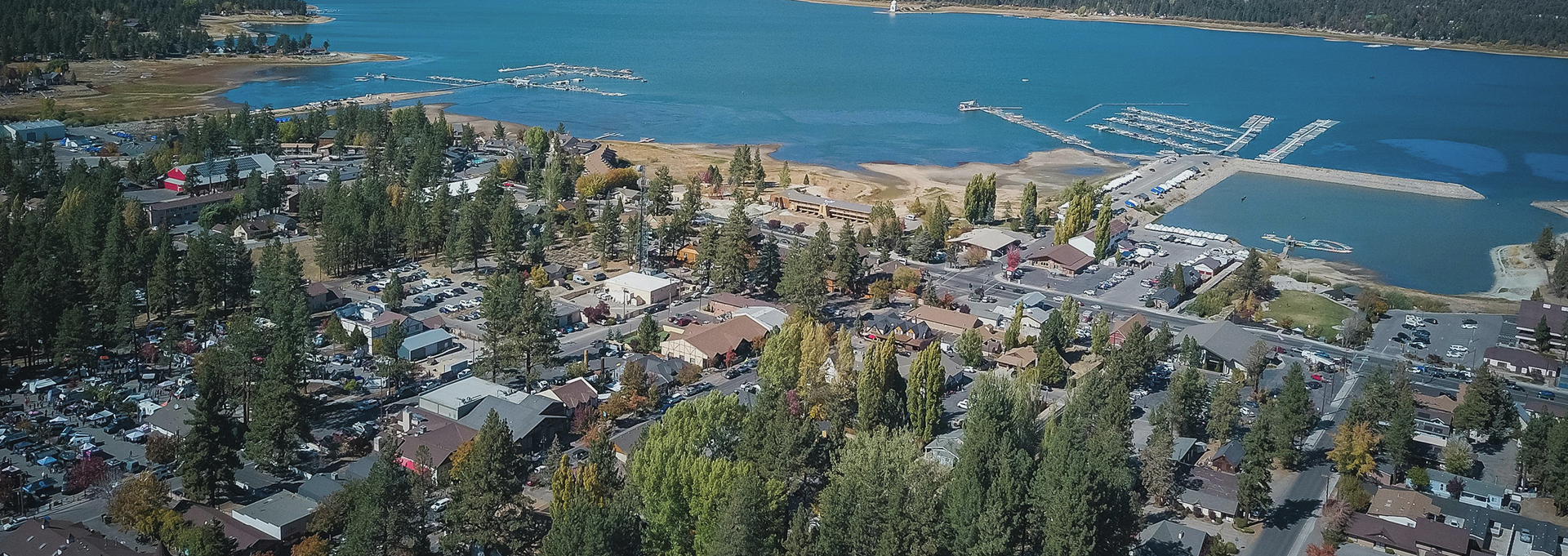Wildfires have become an increasingly prevalent and devastating natural phenomenon in recent years, exacerbated by factors such as climate change and human activity. Beyond the immediate destruction they cause, wildfires also have a significant impact on the environment, particularly in terms of carbon emissions.
However, a recent study on “Identifying opportunity hot spots for reducing the risk of wildfire-caused carbon loss in western US conifer forests” published in the Environmental Research Letters journal provides evidence that proactive land management strategies can play a pivotal role in reducing the risk of wildfire carbon loss. In this article, we delve into the findings of this study and explore how proactive land management can be a powerful tool in our fight against wildfire-induced carbon loss.
The wildfire-carbon dilemma
Wildfires, whether ignited by natural causes or human activity, release vast amounts of carbon into the atmosphere. The combustion of vegetation, soil organic matter, and even tree roots contributes to a surge in carbon emissions. These emissions intensify the greenhouse effect, leading to more severe climate change impacts, such as rising temperatures and altered precipitation patterns. Moreover, the loss of carbon-rich forests and ecosystems disrupts the Earth’s natural carbon cycle, creating a vicious cycle of increased fire activity and carbon emissions.
Understanding the study methodology and goals
The study emphasizes the importance of proactive land management in curbing the carbon loss associated with wildfires. The researchers used a combination of computer modeling and empirical data to assess the potential benefits of various land management strategies in fire-prone ecosystems.
Key findings on how to reduce the magnitude of wildfire losses:
- Fuel Reduction: The study highlights that reducing fuel loads through controlled burns, mechanical thinning, and prescribed fires significantly lowers the intensity and extent of wildfires. By reducing the amount of vegetation available to burn, these proactive measures can limit carbon emissions during a wildfire event.
- Defensible Space: Creating defensible space around homes and communities is crucial for fire prevention and carbon loss reduction. By implementing zoning regulations and encouraging residents to maintain fire-resistant landscapes, the study found that the carbon loss during wildfires in residential areas can be substantially reduced.
- Ecosystem Restoration: Efforts to restore ecosystems through reforestation, afforestation, and invasive species management help build resilient landscapes that are less susceptible to wildfires. These restoration activities also contribute to carbon sequestration, further offsetting carbon losses during wildfires.
- Early Detection and Response: Rapid detection and effective fire suppression efforts are essential in preventing wildfires from spreading and causing extensive carbon loss. The study underscores the importance of investing in early warning systems and firefighting resources.
The valuable benefits of proactive land management
- Carbon Sequestration: Proactive land management not only reduces the risk of carbon loss during wildfires, but also enhances carbon sequestration. Healthy forests and ecosystems act as carbon sinks, capturing and storing atmospheric carbon dioxide, which can help offset emissions from other sources.
- Protecting Biodiversity: Many proactive land management strategies benefit not only carbon storage but also biodiversity. Preserving and restoring ecosystems create habitats for wildlife, ensuring the long-term health of our planet's ecosystems.
- Community Resilience: Implementing these strategies enhances community resilience by reducing the risk of catastrophic wildfires. Proactive land management also protects human lives and property by safeguarding homes and infrastructure.
Land management as a wise strategy for our vibrant health
The study serves as a wake-up call regarding the impact of wildfires on carbon loss. It highlights the significant potential of proactive land management strategies in mitigating this threat and underscores the importance of a multifaceted approach to wildfire management.
As individuals, communities, and policymakers, we must recognize the urgency of implementing these strategies. By investing in fuel reduction, defensible space creation, ecosystem restoration, and early detection and response, we can reduce the risk of wildfire carbon loss while simultaneously addressing the broader challenges posed by climate change. Proactive land management is not just a tool; it’s a crucial part of our collective effort to safeguard our planet’s future.
An easy and effective land management platform
Vibrant Planet’s platform offers a robust and easy-to-use way to prioritize land management health.












